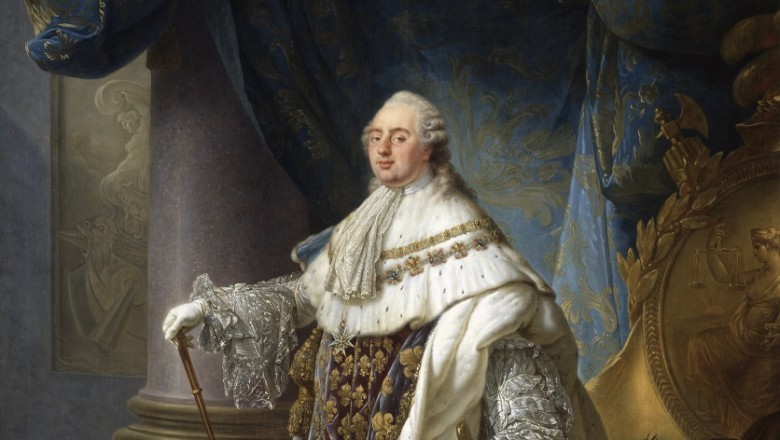
views
The Rise of Louis XVI
In the spring of 1774, a young and inexperienced Louis XVI ascended to the French throne, inheriting a kingdom on the brink of financial ruin. At just 20 years old, Louis was thrust into a world of political intrigue and economic turmoil, a stark contrast to his sheltered upbringing.
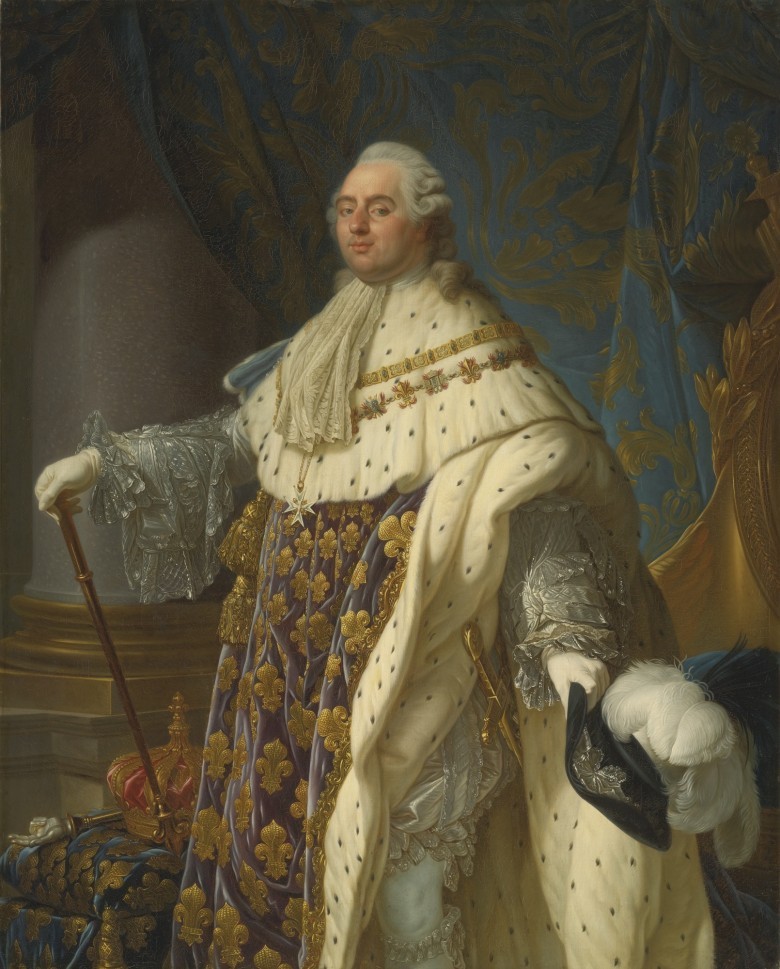
Despite his good intentions, Louis struggled to navigate the complex web of French politics, and his indecisiveness only served to exacerbate the country's problems. The people of France, burdened by heavy taxes and soaring food prices, began to lose faith in their young king, setting the stage for a dramatic and tumultuous reign.
Economic Crisis and High Taxes
As Louis XVI settled into his new role, he was confronted with the daunting task of addressing France's dire financial situation. The country's involvement in the American Revolutionary War had left its treasury depleted, and the burden of taxation fell heavily on the shoulders of the common people.
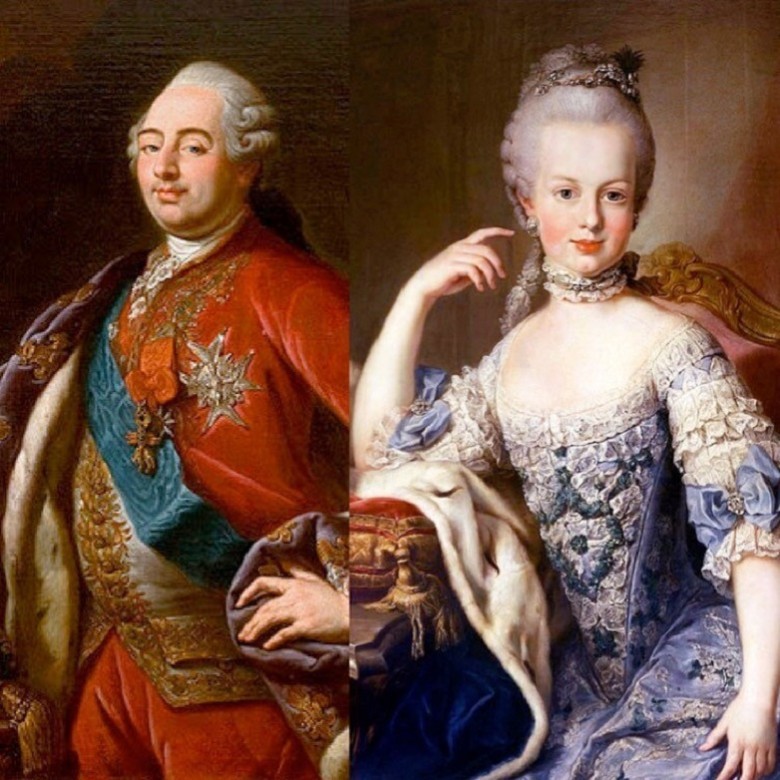
The nobility and the clergy, meanwhile, enjoyed lavish lifestyles and tax exemptions, further fueling resentment among the lower classes. Despite the best efforts of Louis' financial advisors, the king struggled to implement meaningful reforms, and the economic crisis continued to deepen, sowing the seeds of discontent that would eventually erupt into revolution.
The Convocation of the Estates-General
In a desperate bid to avert financial collapse and quell growing unrest, Louis XVI made the fateful decision to convene the Estates-General in May 1789. This ancient assembly, which had not been summoned in over a century, brought together representatives from the three estates of French society: the nobility, the clergy, and the common people.
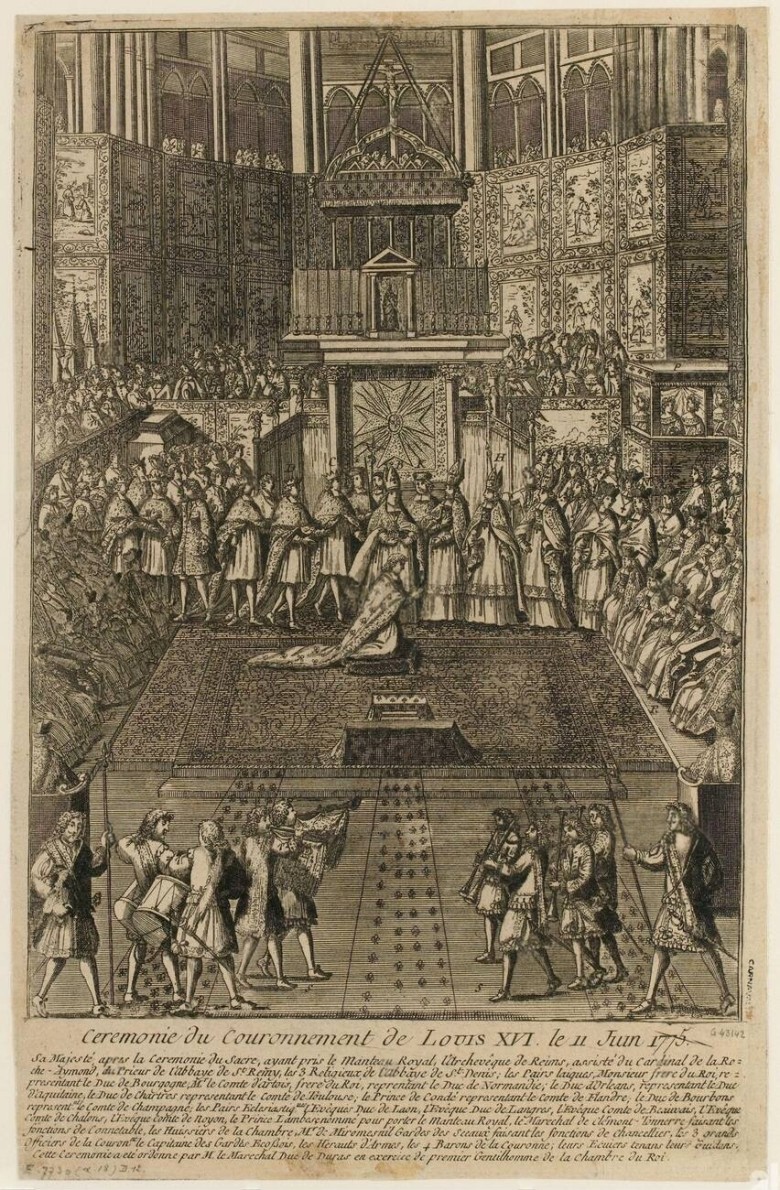
The king hoped that the Estates-General would provide a forum for addressing the country's problems and restoring stability to the kingdom. However, the assembly quickly became a battleground for competing interests and ideologies, as the Third Estate, representing the common people, demanded greater political representation and an end to the privileges of the nobility and the clergy.
The Tennis Court Oath
Frustrated by the lack of progress and the king's reluctance to implement meaningful reforms, the deputies of the Third Estate took a bold and dramatic step. On June 17, 1789, they declared themselves the National Assembly and swore the famous Tennis Court Oath, vowing not to disband until they had drafted a constitution for France.
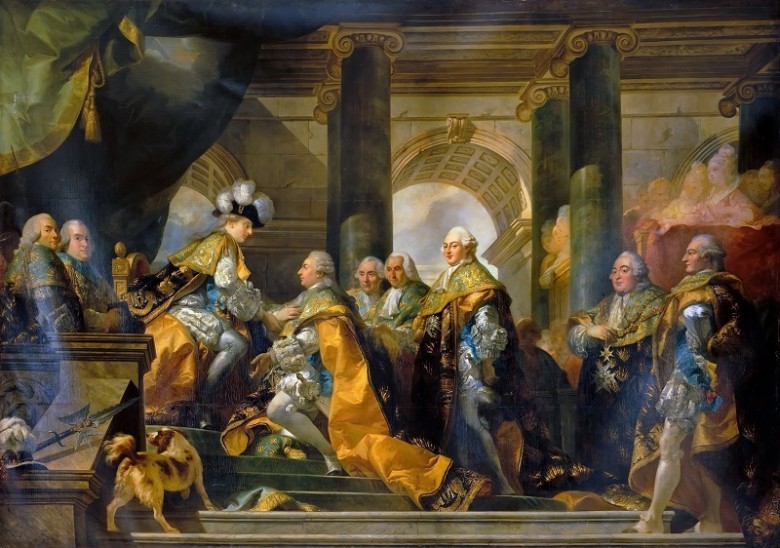
This act of defiance sent shockwaves through the political establishment and marked a turning point in the French Revolution. The common people, inspired by the determination of their representatives, began to assert their own demands for change, setting the stage for a dramatic and violent struggle for power.
The Storming of the Bastille
As tensions escalated and the political situation deteriorated, the people of Paris grew increasingly fearful of a royalist backlash. On July 14, 1789, a mob of revolutionaries stormed the Bastille, a symbol of royal authority and oppression. The fall of the Bastille was a pivotal moment in the French Revolution, demonstrating the power of the people and their willingness to take up arms against the monarchy.

The event sent shockwaves across France and the wider world, inspiring other revolutionary movements and striking fear into the hearts of Europe's monarchs. For Louis XVI, the storming of the Bastille marked the beginning of the end, as his authority crumbled and the revolution gathered momentum.
The Abolition of Privileges
In the aftermath of the storming of the Bastille, the National Assembly took decisive action to address the grievances of the common people. On August 4, 1789, the deputies voted to abolish the privileges of the nobility and the clergy, marking the end of the feudal system in France.
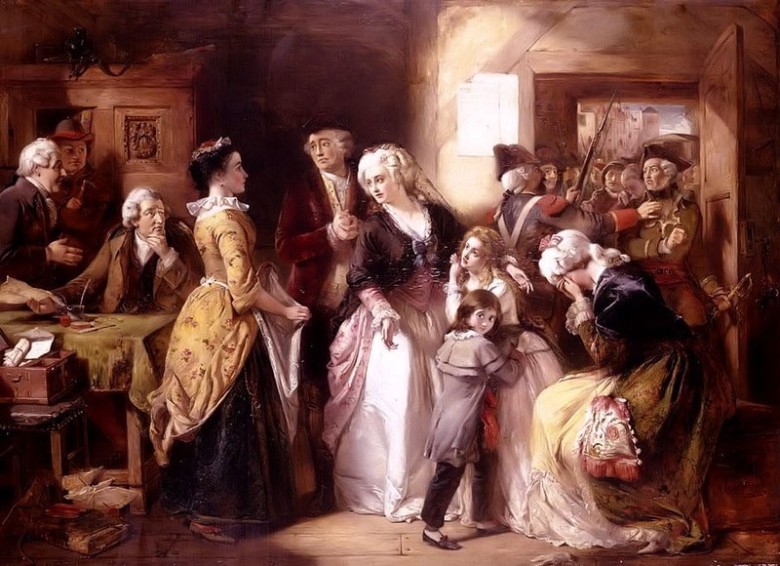
This historic decree, known as the August Decrees, was a triumph for the common people and a major step towards establishing a more equal and just society. The abolition of privileges paved the way for the adoption of the Declaration of the Rights of Man and of the Citizen, which enshrined the principles of liberty, equality, and fraternity and laid the foundation for a new political order in France.
The Flight to Varennes
As the revolution gathered pace and the political situation deteriorated, Louis XVI and his family became increasingly isolated and vulnerable. Fearing for their safety, the king and queen made a desperate bid to flee the country in June 1791. However, their escape plan was foiled when they were recognized and arrested at Varennes, a small town in northeastern France.
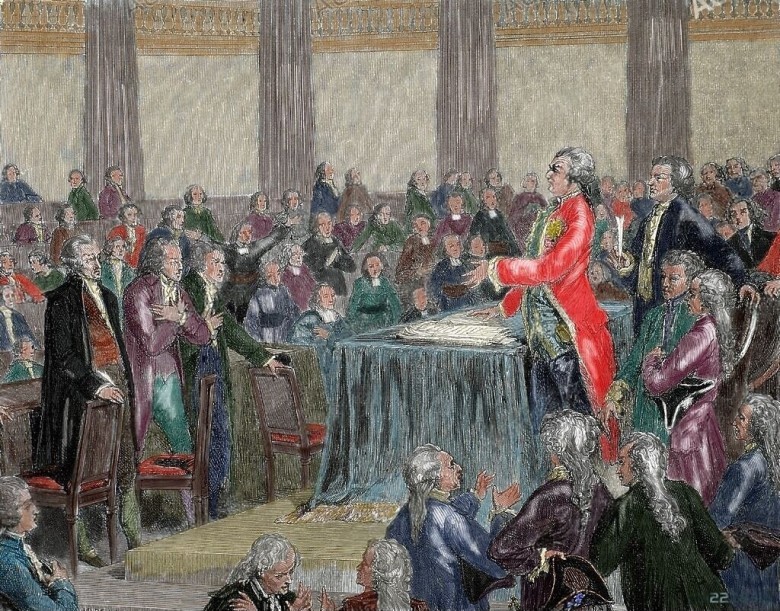
The failed flight to Varennes was a major blow to the monarchy, further eroding the king's credibility and strengthening the resolve of the revolutionaries to establish a republic. Louis XVI was subsequently suspended from his duties and placed under house arrest in the Tuileries Palace, a virtual prisoner in his own home.
The Declaration of War
In April 1792, France declared war on Austria, marking the beginning of the French Revolutionary Wars. The conflict, which would last for more than two decades, was driven by a complex mix of ideological, political, and territorial factors. The revolutionaries sought to spread the principles of the French Revolution across Europe, while the monarchies of the continent were determined to contain the revolutionary fervor and restore the old order.
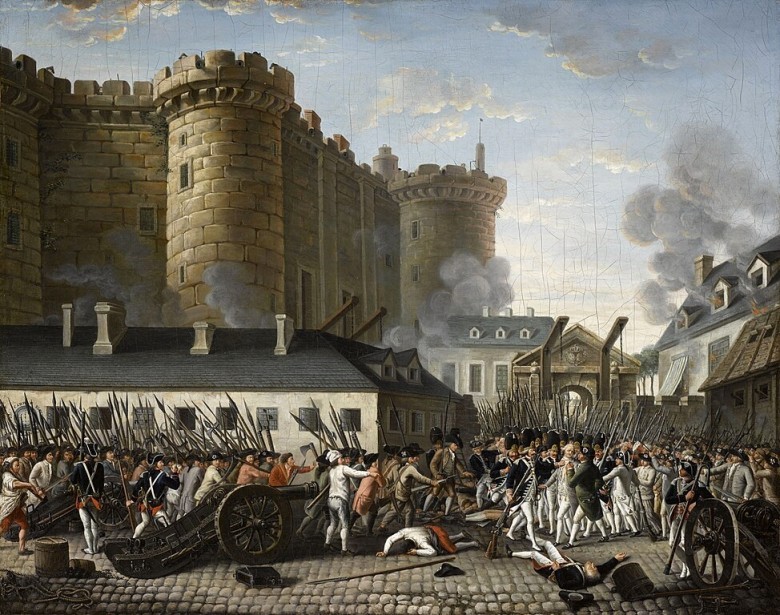
The war effort placed a tremendous strain on France's resources and further exacerbated the political and social tensions within the country. For Louis XVI, the declaration of war was a disastrous miscalculation, as it only served to strengthen the hand of the revolutionaries and hasten the downfall of the monarchy.
The Insurrection of August 10, 1792
On August 10, 1792, a mob of revolutionaries stormed the Tuileries Palace, demanding the abolition of the monarchy and the establishment of a republic. The king and his family were taken into custody and imprisoned in the Temple Tower, a medieval fortress in the heart of Paris. The insurrection marked the effective end of the monarchy in France and set the stage for the establishment of the First French Republic.
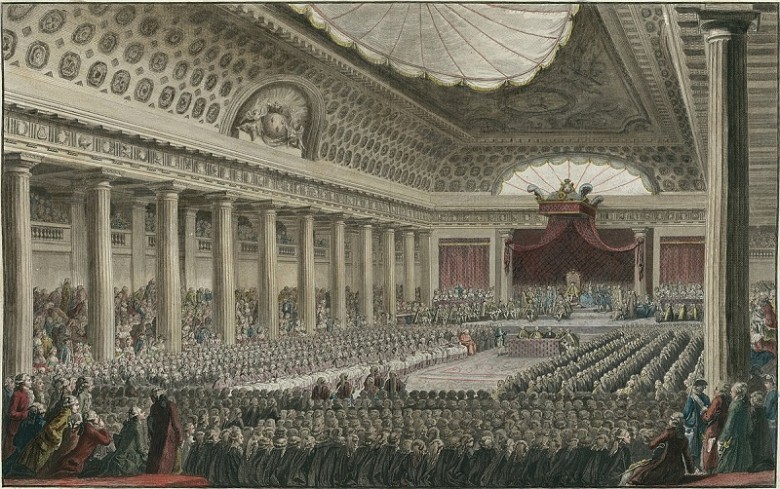
In the aftermath of the insurrection, a wave of violence and political purges swept across the country, as the revolutionaries sought to eliminate their enemies and consolidate their power. For Louis XVI, the insurrection was a bitter and humiliating defeat, as he was stripped of his authority and reduced to a mere pawn in the hands of his captors.
The Trial of Louis XVI
In December 1792, Louis XVI was brought to trial before the National Convention, the newly elected legislative assembly of the First French Republic. The king was charged with high treason and crimes against the state, including his attempt to flee the country and his alleged collusion with foreign powers.
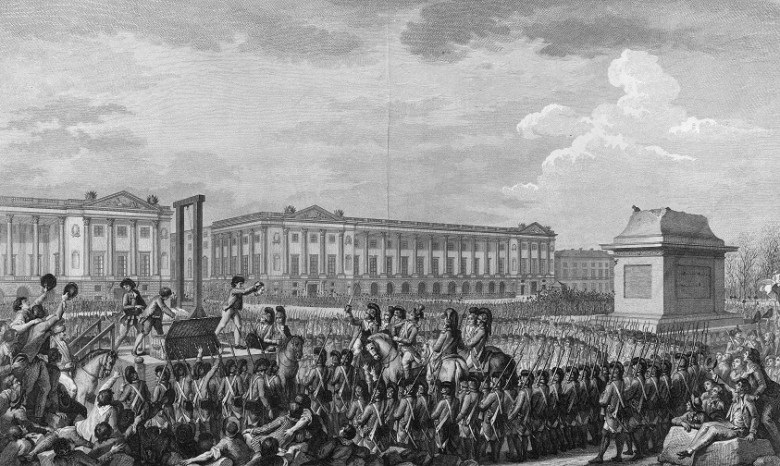
The trial, which lasted for several weeks, was a highly contentious and politically charged affair, as the deputies of the National Convention grappled with the question of the king's guilt and the appropriate punishment for his crimes. For Louis XVI, the trial was a harrowing and humiliating ordeal, as he was forced to confront the consequences of his actions and the depths of his unpopularity.
The Verdict and Sentencing
On January 15, 1793, the National Convention voted to convict Louis XVI of high treason and crimes against the state. The deputies then proceeded to vote on the question of the king's punishment, with the majority ultimately opting for the death penalty.
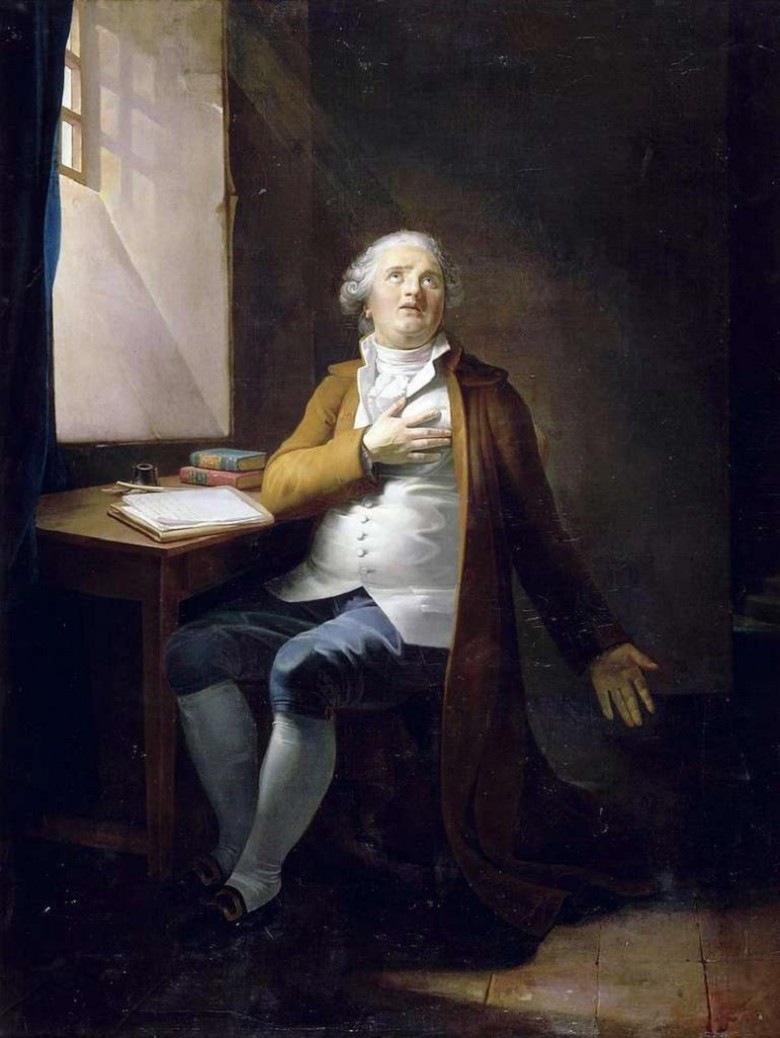
The verdict and sentencing of Louis XVI were met with a mix of relief and apprehension, as the revolutionaries grappled with the implications of executing a monarch who had once been regarded as the embodiment of the French state. For Louis XVI, the verdict was a devastating blow, as he was forced to confront the reality of his impending death and the legacy of his tumultuous reign.
The Execution of Louis XVI
On January 21, 1793, Louis XVI was publicly guillotined in the Place de la Révolution, a large square in the heart of Paris. The execution of the king was a watershed moment in the French Revolution, marking the definitive end of the monarchy and the triumph of the republican cause. The event sent shockwaves across Europe, as the monarchies of the continent grappled with the implications of the French Revolution and the rise of republicanism.
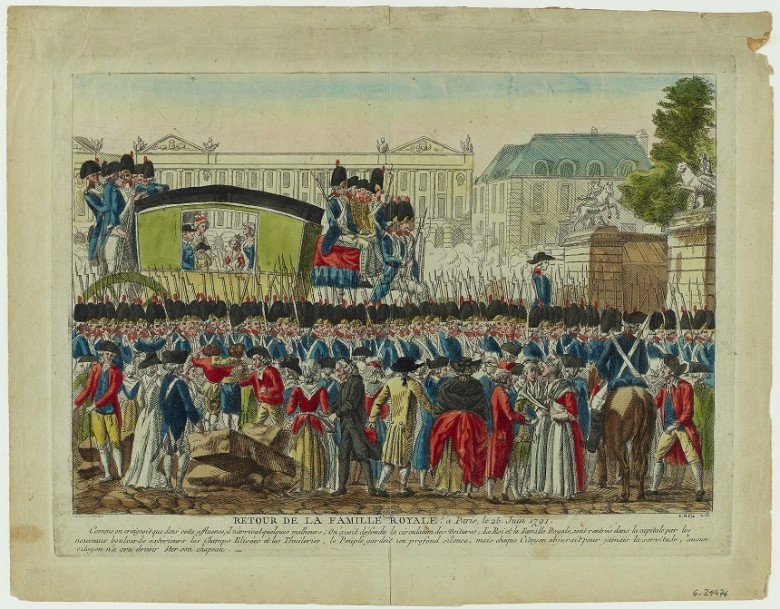
For the people of France, the execution of Louis XVI was a bittersweet victory, as they mourned the loss of a king who had once embodied the hopes and aspirations of the nation, even as they celebrated the dawn of a new era of liberty, equality, and fraternity.
The Aftermath of the Execution
The execution of Louis XVI had far-reaching consequences for France and the wider world, as the revolutionaries sought to consolidate their power and establish a new political order. In the immediate aftermath of the king's death, a wave of political purges and violence, known as the Reign of Terror, swept across the country, as the revolutionary government sought to suppress counter-revolutionary activities and eliminate its enemies.
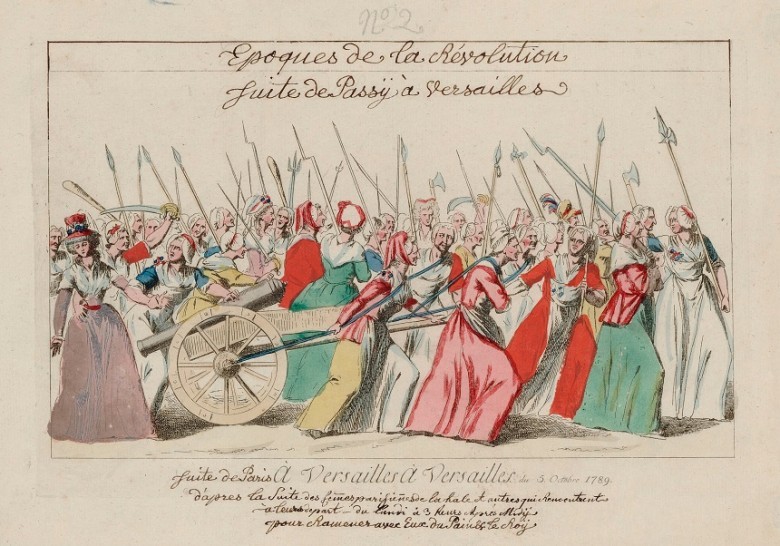
The Reign of Terror, which lasted from September 1793 to July 1794, was a dark and tumultuous period in French history, marked by widespread fear, suspicion, and brutality. For the people of France, the aftermath of the execution was a time of great uncertainty and upheaval, as they struggled to come to terms with the consequences of the revolution and the challenges of building a new society.
The Rise of Napoleon Bonaparte
In the wake of the French Revolution, a young and ambitious military officer named Napoleon Bonaparte rose to prominence, seizing power in a coup d'état in 1799 and establishing himself as the First Consul of the French Republic. Napoleon, a brilliant military strategist and charismatic leader, quickly set about consolidating his power and implementing a series of sweeping reforms that transformed French society and politics. In 1804, he crowned himself Emperor of the French, marking the beginning of the Napoleonic era and the end of the revolutionary period.
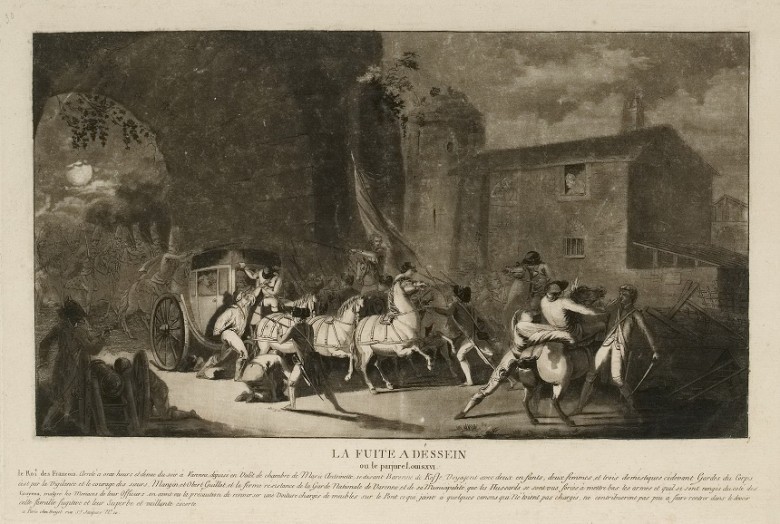
For the people of France, the rise of Napoleon was a mixed blessing, as they welcomed the stability and order that he brought to the country, even as they mourned the loss of the revolutionary ideals that had inspired their struggle for freedom and equality.
The Legacy of Louis XVI
The reign and execution of Louis XVI left a lasting and complex legacy, as the people of France grappled with the consequences of the revolution and the challenges of building a new society. For some, Louis XVI was a tragic and flawed figure, a well-intentioned but weak and indecisive king who was ultimately overwhelmed by the forces of history.
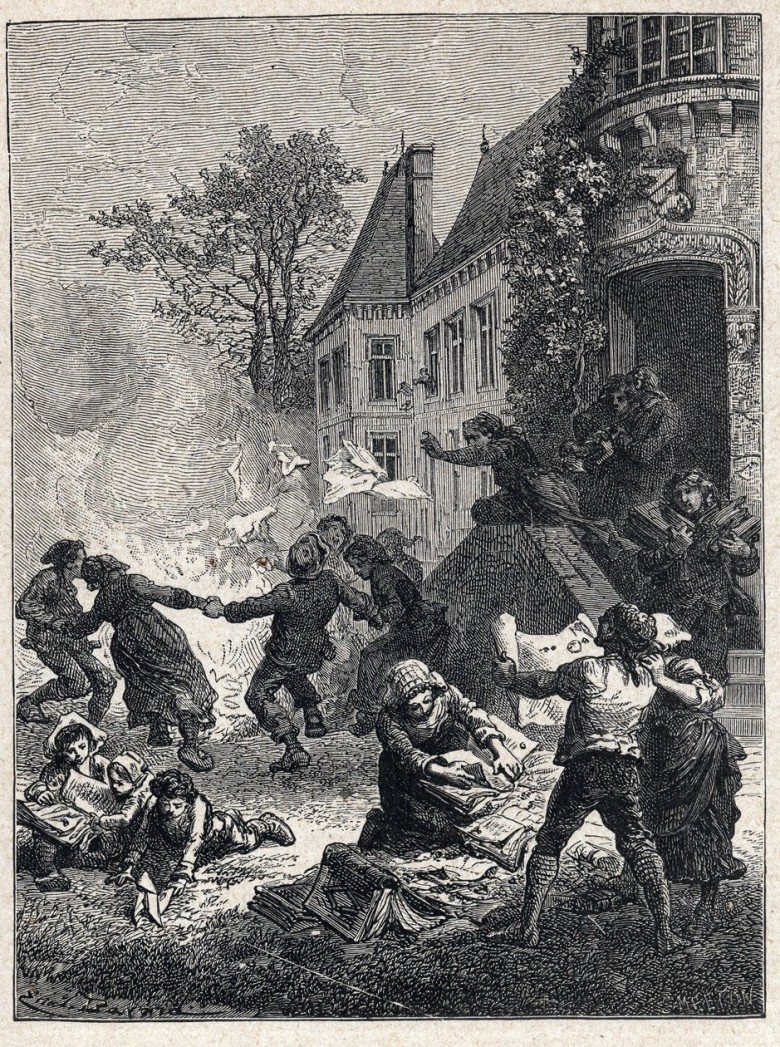
For others, he was a symbol of the corruption and injustice of the old regime, a tyrant who had been rightly swept aside by the tide of revolution. Regardless of one's perspective, it is clear that the legacy of Louis XVI and the French Revolution continues to shape the political and social landscape of France, as well as the wider world, to this day.
The End of the Monarchy in France
The execution of Louis XVI marked the definitive end of the monarchy in France, as the revolutionaries sought to establish a new political order based on the principles of liberty, equality, and fraternity. The First French Republic, which was established in the aftermath of the revolution, lasted until 1804, when Napoleon Bonaparte crowned himself Emperor of the French. The monarchy was briefly restored in 1814, following the defeat of Napoleon, but it was ultimately abolished in 1848, with the establishment of the Second French Republic.
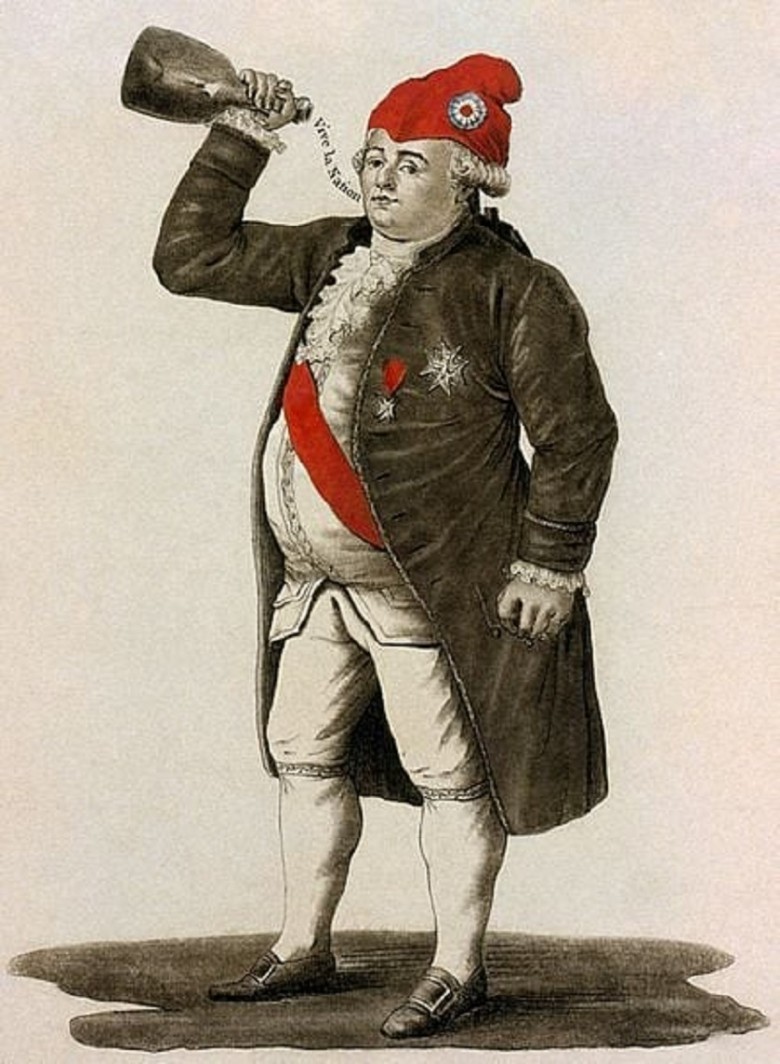
The end of the monarchy in France represented a fundamental shift in the political and social order of the country, as well as a turning point in the history of Europe, as the ideals of the French Revolution spread across the continent and inspired other revolutionary movements. For the people of France, the end of the monarchy was a bittersweet victory, as they celebrated the dawn of a new era of freedom and equality, even as they mourned the loss of a king who had once embodied the hopes and aspirations of the nation.




















Comments
0 comment